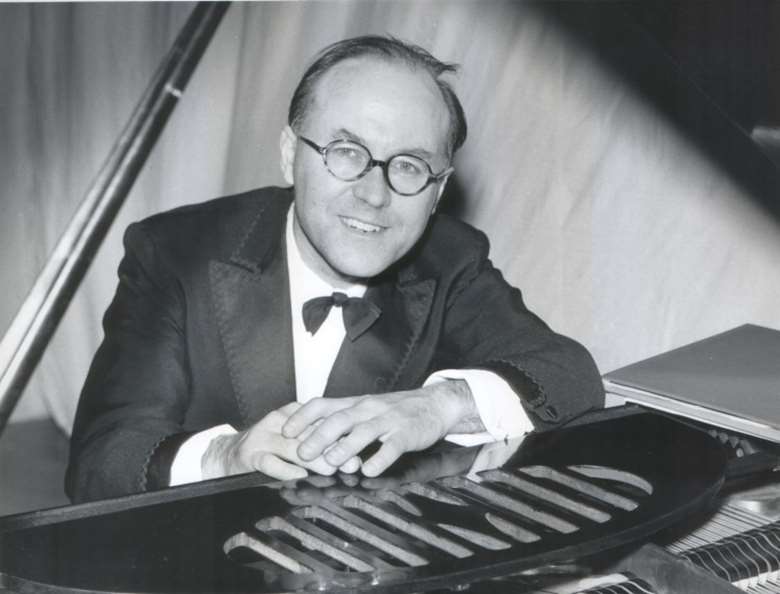‘Music lifts the words to a level that speech alone can never reach’ Donald Swann’s Requiem for the Living
Florence Lockheart
Monday, October 9, 2023
Donald Swann's pacifist work made a huge impression on Clare Stevens as a teenager in Belfast in 1970s. Here, she revisits the Requiem with members of Gloucester Choral Society ahead of their season-opening performance of the work later this week


Register now to continue reading
Don’t miss out on our dedicated coverage of the classical music world. Register today to enjoy the following benefits:
- Unlimited access to news pages
- Free weekly email newsletter
- Free access to two subscriber-only articles per month
